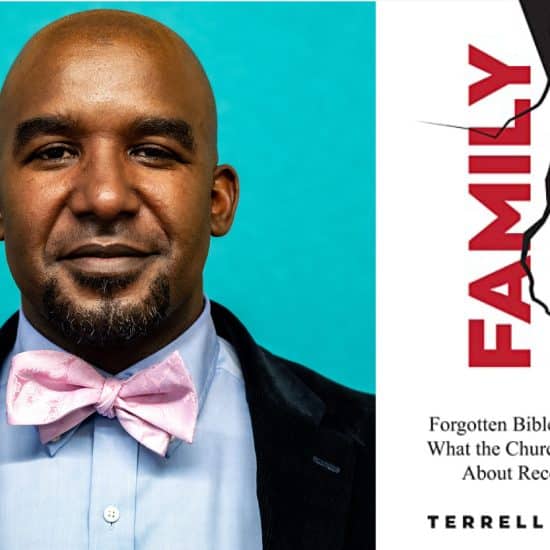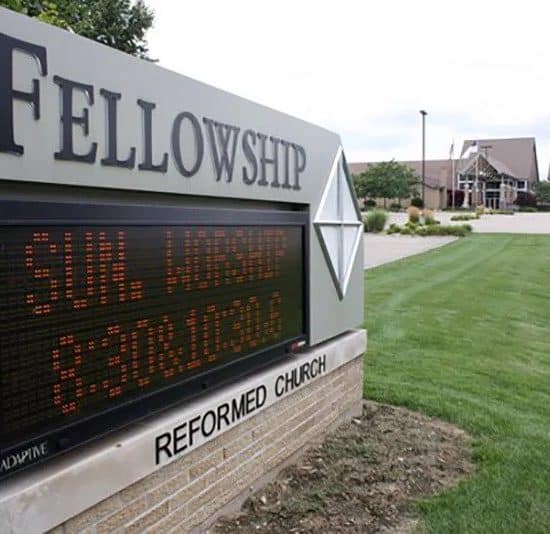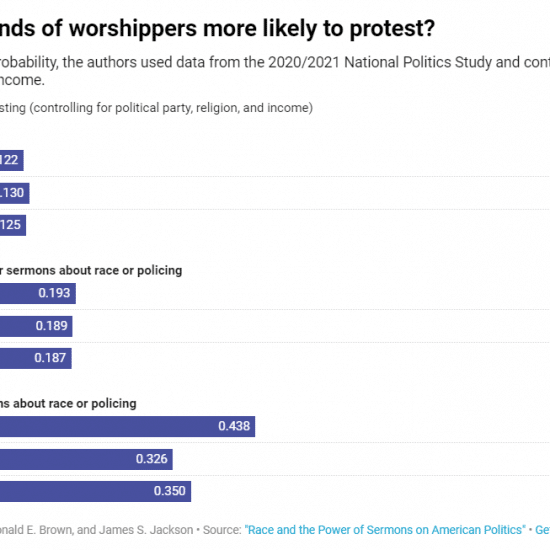NASHVILLE, Tenn. (ABP) — Matching clergy supply and demand is a chief concern for all denominations, but various church traditions address it in different ways.

|
Hierarchical denominations like Episcopalians, Methodists and Lutherans view matching clergy and congregations as part of their spiritual duty.
Free-church traditions like Baptists and the Churches of Christ value the autonomy of local churches and take more of an advisory role in helping to facilitate the process.
The United Methodist Church, for example, seeks to provide lifetime employment for every pastor. Regional conferences control the number of clergy who are ordained, appoint new ministers to churches and reappoint them every few years in an effort to ensure that clergy and church are a good fit.
In the Evangelical Lutheran Church in America, the seventh-largest religious body in the United States, seminary graduates are appointed to one of 65 synods headed by a bishop and council. They recommend candidates for available positions and particularly are influential if it is the minister's first congregation.
The Presbyterian Church USA maintains a national referral service matching all candidates to available pastorates. Congregations receive profiles of prospective ministers that meet their requirements and contact them directly, usually with help from a regional executive. The hiring is not official until approved by the presbytery of which the congregation is a member.
In the Christian and Missionary Alliance, a district superintendant suggests to a congregation's board of elders the names of workers judged to have proper qualifications for the church's senior pastor. The board must select a pastor from those candidates.
Free-church traditions like Baptists that value congregational autonomy may say such top-down decision-making is heresy, but they are not completely hands-off when it comes to helping candidates and search committees connect.
The Southern Baptist Convention uses multiple informal networks such as state conventions, seminaries, personal relationships and points of theological agreement to get resumes into the right hands.
American Baptists agree with Southern Baptists about local-church autonomy, but they have a more formal process for ministerial placement.
American Baptist Churches USA maintains a national employment database. Both churches and ministerial candidates submit profiles that are made available to regional executives.
Regional staff screen applications and suggest viable candidates for a congregation to consider.
Officials say the screening allows churches to analyze candidates more cheaply and efficiently and make informed hiring decisions based on objective criteria rather than personal taste.
The Cooperative Baptist Fellowship offers an online database of resumes and church profiles as part of its "reference and referral" service. The name is chosen over "placement," because churches choose their leaders, not the CBF.
The Alliance of Baptists facilitates a "search and call" process to help member churches with vacancies find candidates who desire to minister in an Alliance church.
The United Church of Christ, also congregational in polity, offers both pastoral care and technical assistance in the minister-search process. Ministry candidates submit a profile to a state conference that is sent to a search committee at his or her request.
The Christian Church (Disciples of Christ) denomination recommends churches consider only candidates who apply through a "church and call" office. The denomination also credentials clergy that are in good standing.






